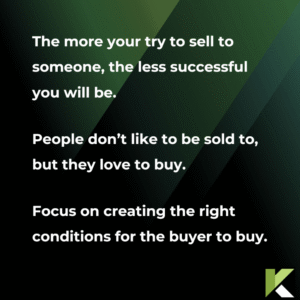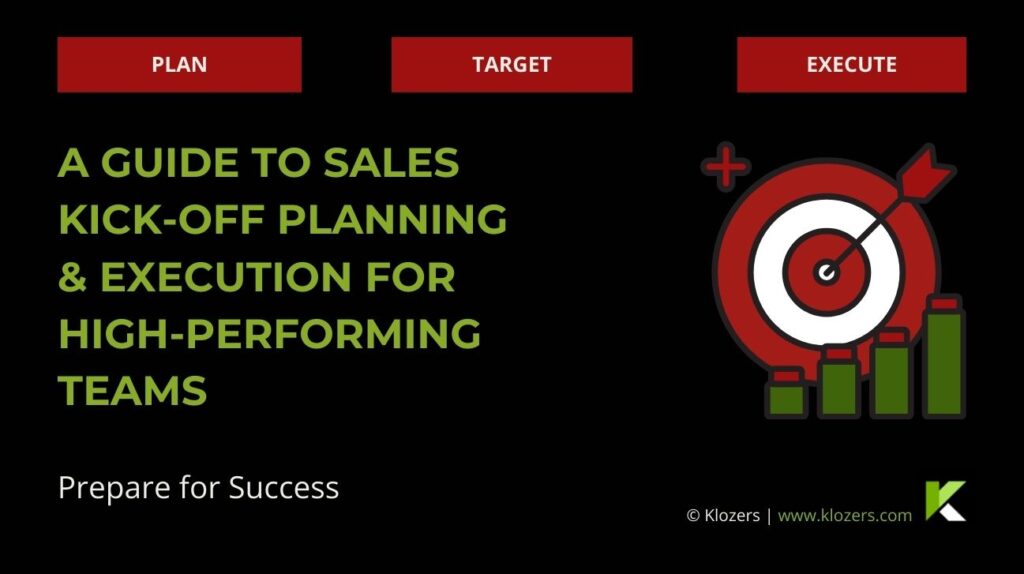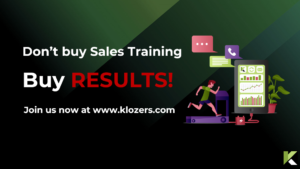What is Sales Kick-off?
Sales Kick-off Planning & Execution - Top Question from Google
A sales kickoff, or SKO, is a yearly event designed to prepare and reenergize your sales team as they enter the new year. These events bring together your sales team to share goals, celebrate wins, and provide the sales training and motivation needed for success in the coming year.
Free access to our best tools and templates
Intro to Sales Kick-off Planning & Exectution for High Performing Teams
The start of a new sales year is your chance to set the tone for everything that follows. It’s when you can bring your teams together, align everyone on the same vision, and give your people the tools they need to succeed. That’s exactly what a well-planned sales kickoff is designed to deliver.
To execute a well-planned sales kickoff event, you need clear objectives, engaging content, and a focus on what your team needs to perform at its best. This article covers all you need to know to deliver a successful SKO.
Best Tips for Strategic Sales Kick-off Planning and Flawless Execution
Set Clear Objectives Before You Plan
The biggest mistake teams make is jumping straight into logistics without first defining what they want to achieve. Think about the specific behaviors you want to see after the event ends. Maybe you want your reps to adopt a new sales methodology or launch new products that require deeper technical knowledge. Once you know what success looks like, every decision about speakers, sessions, and activities becomes easier.
Involve Stakeholders Early in the Process
Your sales kickoff will involve other teams and stakeholders, like the marketing team, finance team, and customer service team, to mention a few. Start bringing these stakeholders into your planning process months before your event. This gives everyone time to prepare content that connects well with your overall goals. It also helps you avoid last-minute conflicts where different departments are sharing contradictory information or competing for time.
Manage Logistics for a Smooth Event Experience
Nothing kills the energy of a sales kickoff faster than poor logistics. When your team is struggling with bad audio, can’t find the right rooms, or doesn’t know what’s happening next, they stop focusing on your content and start getting frustrated with the experience.
Start your logistics planning early, especially if you’re bringing people together from different locations. This includes booking venues, arranging travel, coordinating meals, and making sure you have the right technology setup for presentations and interactive sessions.
Choose Speakers Who Will Resonate with Your Team
One major factor that determines the success of your SKO is your speaker lineup. Nobody wants to sit through boring business strategy monologues. They want to network, get energized, and figure out how they’re going to be successful that year. This means choosing speakers who understand your audience and can deliver content that feels relevant to them.
Look for speakers who can share practical strategies. External speakers can bring fresh perspectives, but make sure they understand your industry and can customize their content to suit your specific situation. Top-performing reps often make excellent speakers because they can share real examples of what’s working in the field.
Create Opportunities for Team Building and Networking
Plan some fun activities to create an informal and relaxed atmosphere after the training sessions. These can be team competitions, group dinners, games, or small group discussions. The relationships your teams will build from this can help support collaboration and teamwork even after the kickoff ends.
Common Mistakes to Avoid in Sales Kick-Off Planning & Execution
Overloading Your Agenda with Too Much Information
One of the most common mistakes is trying to cover too much ground in too little time. When you pack your agenda with back-to-back presentations, people get overwhelmed and retain less information.
Focus on the most important messages and skills your team needs. It’s better to thoroughly cover three key topics than to briefly touch on ten different subjects. Give people time to process information and ask questions during the event.
Ignoring Follow-Up
Not giving teams something to do the weekend after the kickoff is a mistake that many organizations make. The momentum you build during your event can disappear quickly if there’s no plan for sustaining it.
Before your kickoff begins, plan what happens next. This might include follow-up coaching sessions, practice sessions, or check-ins with managers. Create specific action items that people can work on immediately when they return to their regular responsibilities.
Focusing Only on the Event Instead of the Purpose
Avoid the mistake of executing an SKO with too much focus on the event and not enough on the purpose. It’s easy to get caught up in logistics, entertainment, and creating a memorable experience while losing sight of what you’re actually trying to achieve.
Remember that your sales kickoff is a tool for driving business results, not an end in itself. Every decision about content, speakers, activities, and logistics should connect back to your core objectives. If something doesn’t support those objectives, question whether it belongs in your event.
This doesn’t mean your kickoff should be boring or purely functional. Fun and engagement are important for learning and motivation. But make sure the fun serves a purpose and doesn’t distract from the important work you need to accomplish together.

How to Measure the Success of Your Sales Kick-Off
After your sales kick-off, you need to determine if the event was a success to identify what you did right and what can be improved upon before the beginning of the next fiscal year.
Collect Feedback from Attendees
The timing matters when you collect this feedback. If you wait too long after the event, people forget the details. If you ask too early, they haven’t had time to see how the content applies to their work.
Plan to collect feedback in waves. Send a brief survey immediately after the event to capture initial reactions and overall satisfaction. Follow up with a deeper survey after two to four weeks, when people have had time to apply what they learned. Ask specific questions about which sessions were most valuable, what they wish had been different, and what they’re planning to do differently in their daily work.
Link SKO Outcomes to Sales Performance Metrics
Sales kickoffs are meant to give your sales team and stakeholders actionable practices to reach their company’s goals for the fiscal year. This means your success measurements should connect to actual business results. Did your SKO achieve the KPIs it was designed to achieve?
Be realistic about timelines for seeing results. Some changes, like improved product knowledge, might show up quickly in conversations with prospects. Other changes might take months to fully implement and show measurable results.
ACTIONABLE TIP
Don’t let your sales kickoff end when people walk out of the room. Build a 90-day post-SKO playbook before the event starts. Include weekly manager check-ins, peer-to-peer coaching circles, and short refresher sessions tied to the skills you introduced. This ensures the energy and insights from your kickoff translate into consistent sales behaviors, not just a great two-day event.
Wrap Up
When planned and executed thoughtfully, a sales kickoff can energize your team, align everyone around shared goals, and provide the skills and motivation needed for a successful year. The key is identifying what your team needs to succeed and creating an event that delivers that.







